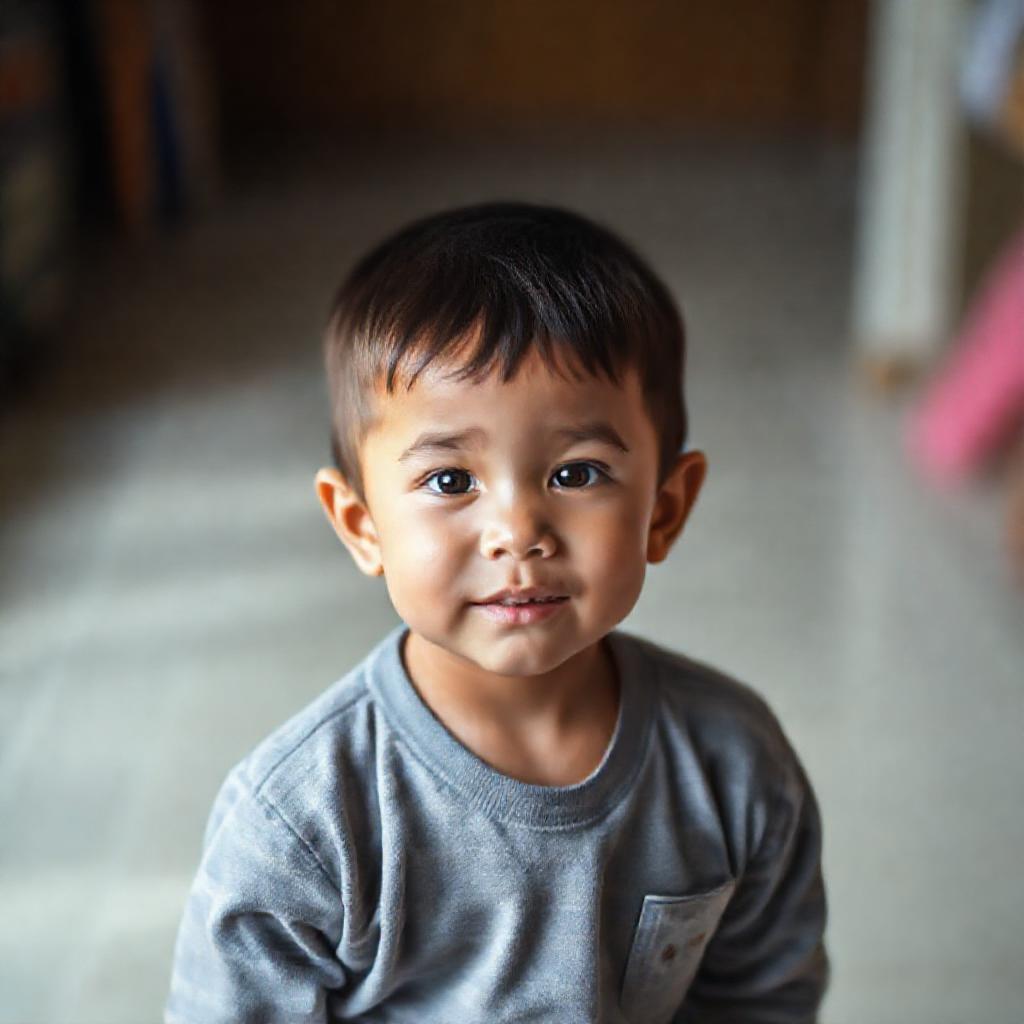Few journeys are as profound and transformative as parenthood. From the moment a child enters our lives, we are invited into a dynamic world of boundless curiosity, rapid development, and unique perspectives. Understanding the intricate workings of a child’s mind is not just about managing behavior; it’s about fostering an environment where they can truly thrive, build resilience, and develop into well-adjusted, confident individuals. This post delves into the core aspects of childhood, offering insights for parents, educators, and anyone invested in nurturing the next generation.
The Intricate World of Childhood Development
Childhood is a period of extraordinary growth, where foundational cognitive, emotional, and social structures are built. Recognizing these developmental stages is crucial for providing appropriate support and challenges.
Cognitive Milestones: Building Blocks of Thought
From infancy through adolescence, children’s brains are constantly evolving. They move from sensorimotor exploration to abstract reasoning, acquiring language, problem-solving skills, and critical thinking along the way. Understanding these milestones helps us tailor our interactions:
- Early Childhood (0-5 years): Focus on sensory experiences, language acquisition, and basic problem-solving. Encourage activities that stimulate curiosity and exploration.
- Middle Childhood (6-11 years): Development of logical thinking, improved memory, and the ability to understand cause and effect. Support their interests and provide opportunities for structured learning.
- Adolescence (12-18 years): Growth in abstract thought, critical analysis, and identity formation. Foster independence, encourage debate, and support their search for purpose.
Ignoring these developmental benchmarks can lead to frustration for both child and parent, as expectations may not align with capabilities.
Emotional Intelligence Foundations: Nurturing Healthy Hearts
Beyond intellect, a child’s emotional landscape is equally vital. Emotional intelligence – the ability to understand and manage one’s own emotions, and to recognize and influence the emotions of others – begins developing in early childhood. Parents play a pivotal role in this:
- Labeling Emotions: Help children identify what they are feeling. “I see you’re feeling frustrated because your tower fell.”
- Validating Feelings: Acknowledge their emotions without judgment. “It’s okay to feel sad when you miss your friend.”
- Teaching Coping Strategies: Guide them towards healthy ways to express and manage emotions, such as deep breaths, talking it out, or taking a break.
A strong emotional foundation equips children with the tools to navigate life’s challenges, build meaningful relationships, and maintain mental well-being.
The Power of Play: Beyond Entertainment
Play is often seen as mere recreation, but for children, it is the primary vehicle for learning, development, and self-expression. It’s their work, their laboratory, and their social arena.
Learning Through Exploration and Creativity
Whether it’s building a fort, drawing a fantastical creature, or enacting a dramatic scene, play ignites imagination and problem-solving skills. When children engage in open-ended play, they:
- Experiment with ideas and concepts without fear of failure.
- Develop creativity and innovative thinking.
- Improve fine and gross motor skills.
- Process experiences and emotions.
Providing opportunities for unstructured play, both indoors and outdoors, is essential for holistic development.
Social Skill Development through Interaction
Group play is a masterclass in social dynamics. Through shared activities, children learn:
- Cooperation and Negotiation: Working together to achieve a common goal.
- Empathy and Perspective-Taking: Understanding others’ feelings and viewpoints.
- Conflict Resolution: Navigating disagreements and finding fair solutions.
- Sharing and Turn-Taking: Essential components of positive social interaction.
These skills are not innate; they are learned and refined through repeated social experiences.
Effective Communication: Bridging the Generational Gap
Communicating effectively with children is an art that requires patience, active listening, and an understanding of their world. It’s about building trust and connection.
Active Listening: Hearing More Than Just Words
When a child speaks, it’s an opportunity to truly connect. Active listening involves:
- Giving Full Attention: Put down devices, make eye contact, and get down to their level.
- Reflecting Feelings: “It sounds like you’re really upset about that.”
- Asking Open-Ended Questions: “What happened next?” or “How did that make you feel?” rather than yes/no questions.
This demonstrates respect and teaches children the value of being heard.
Encouraging Expression: Giving Them a Voice
Children need safe spaces to express their thoughts, feelings, and ideas without fear of judgment. Encourage various forms of expression:
- Verbal: Engage in regular conversations, read together, and discuss daily events.
- Creative: Provide art supplies, musical instruments, or opportunities for imaginative play.
- Physical: Encourage sports, dance, or outdoor activities as outlets for energy and emotion.
A child who feels heard and understood is more likely to develop strong self-esteem and open communication channels as they grow.
Fostering Resilience and Independence
The goal of parenting isn’t to shield children from all difficulties, but to equip them with the resilience to navigate life’s inevitable challenges and the independence to confidently forge their own path.
- Allow for Safe Failure: Let children try, and sometimes fail, in a supportive environment. This teaches problem-solving and perseverance.
- Assign Age-Appropriate Responsibilities: Chores and tasks build a sense of contribution and competence.
- Encourage Decision-Making: Offer choices, even small ones, to empower them and develop judgment.
- Model Resilience: Children learn by observing. Show them how you cope with setbacks and adapt to change.
Building resilience isn’t about being tough; it’s about teaching flexibility, problem-solving, and the belief in one’s own ability to overcome.
Conclusion: The Enduring Impact of Thoughtful Nurturing
Understanding kids is an ongoing journey of learning, adapting, and unconditional love. It’s about recognizing their inherent worth, respecting their individuality, and providing the tools and environment they need to flourish. By focusing on their cognitive and emotional development, embracing the power of play, fostering open communication, and building resilience, we don’t just raise children; we empower future generations to be compassionate, innovative, and capable individuals ready to contribute positively to the world. The investment we make in understanding and nurturing young minds today will yield profound dividends for years to come.


